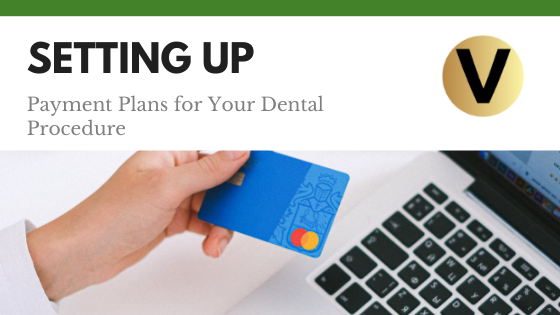Even though you see your dentist every six months for a checkup, decay can creep up on you. It’s also possible to develop other dental problems over time that require extensive care. Although insurance may cover some procedures, others will have to be paid out of your pocket. The following options can help you finance the dental services you need for improved oral health when those circumstances arise.
Payment Plans
A dental payment plan is a somewhat informal arrangement between you and your dentist. This is an advantageous option because your dentist may charge little to zero interest on your debt. As long as you keep up with your payments, this option won’t result in negative hits on your credit report. However, if you default on the payment schedule and your dentist turns your account over to a collection agency, it will negatively affect your score.
Dental Credit Cards
Another option that you may be able to get through your dentist is a dental credit card. The staff in the dentist’s office can help you fill out your application and submit it to the card issuer. If you’re approved, you can charge the cost of your procedure on the card. Your monthly payments will be low, equal to 3% of your total balance, plus a small monthly fee. The fee is under $20. This option will take longer to pay off, but it can help you get the treatment you need in a hurry.
Personal Loans
Even if you have bad credit, you may be able to qualify for loans designed to help people with poor or no credit scores. When shopping for a bad credit loan, be sure to do proper research into the lenders. Many predatory lenders target people with bad credit because they know they’re desperate. Be sure you can handle the repayment terms before you sign any loan documents.
If your dental health issue isn’t something that requires immediate treatment, you can also take the time to save what you’ll need to pay for the procedure. By saving your own money, you can avoid having to pay the interest that would go along with borrowing or charging the cost of your dental care. This can save you more money in the long run without sacrificing your need for treatment.

